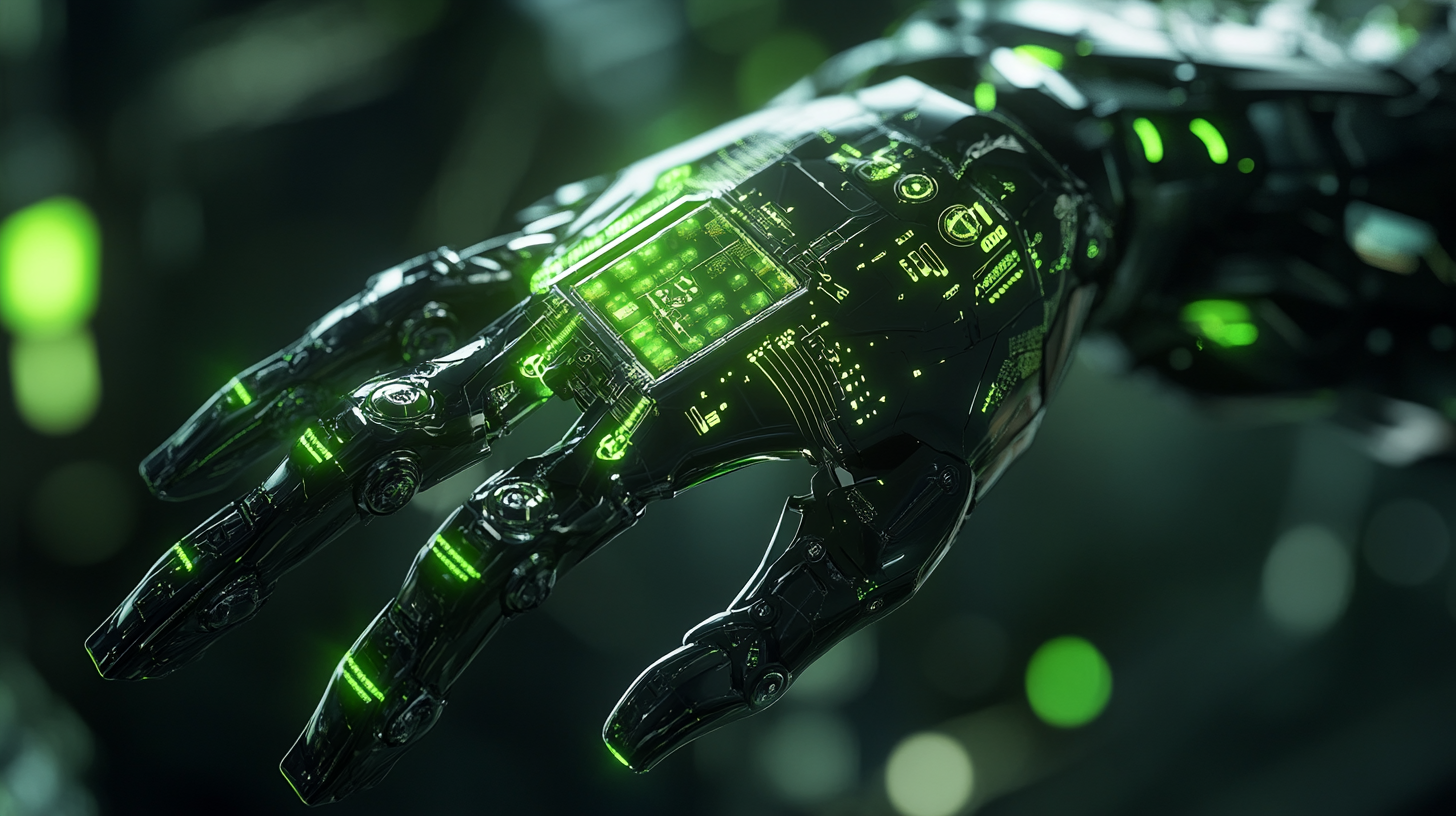Artificial Intelligence (AI) has emerged as a game-changer in the field of architecture and design, revolutionizing the way professionals approach their work. With its advances, applications, and potential for future growth, AI is reshaping the industry and offering unprecedented opportunities for innovation.
AI's Advances in Architecture and Design
AI systems are leveraging advanced algorithms and machine learning to assist architects and designers in various aspects of their work:
1. Generative Design
AI algorithms can generate a multitude of design options based on specified parameters such as materials, structural requirements, and aesthetic preferences. This not only accelerates the design process but also introduces novel solutions that may not have been conceived through traditional methods.
2. Project Optimization
AI-powered tools analyze data from previous projects to optimize current designs, leading to more efficient use of resources, cost savings, and reduced environmental impact.
3. 3D Modeling and Visualization
AI systems are enhancing the creation of detailed 3D models and realistic visualizations, providing architects and clients with immersive experiences that were previously unattainable.
4. Sustainable Design
AI is aiding in the development of sustainable designs by evaluating environmental factors and suggesting eco-friendly materials and construction techniques.
The Growing Need for AI in Architecture and Design
As we move forward, the need for AI in architecture and design is expected to soar for several reasons:
- Complexity of Projects: With the increasing complexity of architectural projects, AI can handle vast amounts of data and provide insights that surpass human capabilities.
- Efficiency and Productivity: AI streamlines processes, allowing architects and designers to focus on creativity and innovation rather than repetitive tasks.
- Sustainability Demands: The industry's growing emphasis on sustainable practices can be effectively supported by AI's ability to analyze and optimize designs for environmental impact.
Insights from Industry Leaders
John Smith, Chief Architect at Innovative Designs Inc.:
"AI has transformed the way we approach our projects. It not only expedites the design process but also enables us to explore unconventional and groundbreaking ideas that were previously overlooked."
Dr. Sophia Lee, AI Expert and Researcher:
"The integration of AI in architecture and design is inevitable. Its capacity to process vast amounts of data and generate innovative solutions aligns with the evolving needs of the industry."
Conclusion
The integration of AI systems in architecture and design is reshaping the industry, offering unprecedented opportunities for creativity, efficiency, and sustainability. As technology continues to advance, the reliance on AI is poised to increase, establishing a new era of innovation and excellence in architecture and design.
As the potential of AI in architecture and design continues to unfold, it is evident that the synergy between human creativity and AI capabilities will lead to remarkable advancements, shaping the built environment of the future.







